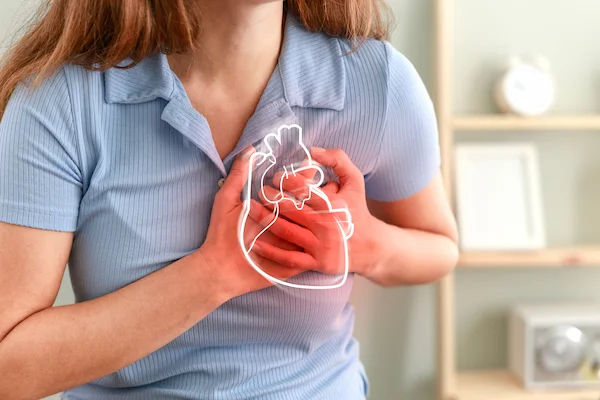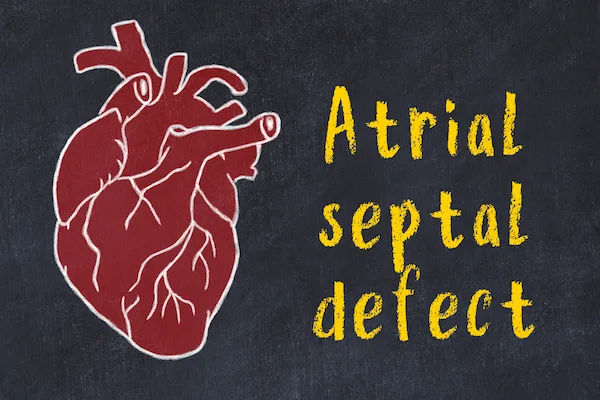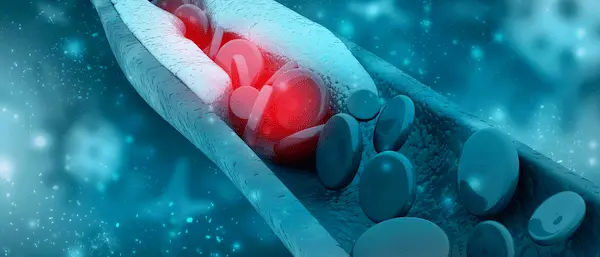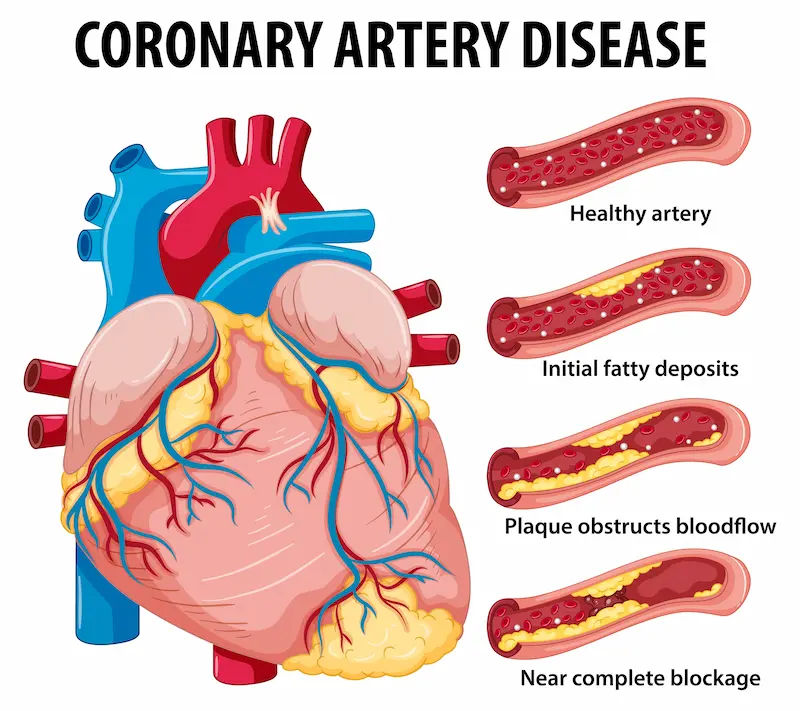- Male
- 35 Years
- 22/01/2025
I'm a bit worried after getting my TMT results back. It came borderline positive for inducible ischemia with max METS at 9.40 and some mild STT changes in the inferolateral leads. Does this mean there's a serious issue with my heart? Is the positive stress test something to be very concerned about, or could there be less serious reasons for these results? What should I be doing next?
Answered by 1 Apollo Doctors
normal finding tmt report.
Dr. Kareemulla Suggests...
Consult a Cardiologist
Answered 04/07/2025
0
0

More Cardiology Health Queries
View allI'm a bit worried because my mom accidentally took her stamlo 5mg dose in the evening too, even though she's only supposed to take it in the morning. Is it still okay for her to take her regular morning dose tomorrow?
Yes she can take her regular dose no need to worry
read more![Doctor 1]()
![Doctor 2]()
Answered by 1 Apollo Doctors
In my air force medical exam, they said I'm unfit because of something called a CVS review. I'm pretty worried about what this means for me. Can you explain what CVS review medical unfitness is all about? Is it a serious issue?
take treatment
read more![Doctor 1]()
![Doctor 2]()
Answered by 1 Apollo Doctors
I've been noticing that my heart is beating really fast and sometimes skips a beat, and it started about three weeks ago. I just turned 18 and have been masturbating a lot lately; I'm wondering if that's connected. I had an ECG done, and the doctor said my heart is fine, but it doesnt feel normal to me. My heart's never done this before. What steps can I take to get my heart rate back to normal?
Visit Psychiatrist for appropriate help
read more![Doctor 1]()
![Doctor 2]()
Answered by 1 Apollo Doctors
Disclaimer: Answers on Apollo 247 are not intended to replace your doctor advice. Always seek help of a professional doctor in case of an medical emergency or ailment.





